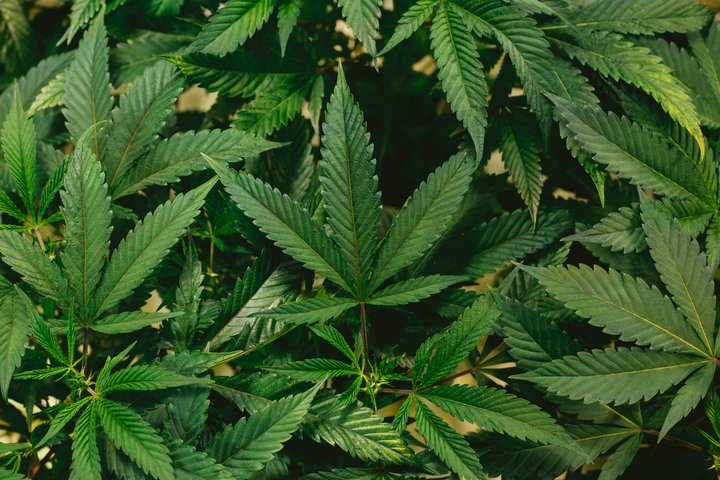Photo by Jeff W on Unsplash
###
A proposal to eliminate California’s cannabis cultivation tax could be a saving grace for the state’s cannabis industry, but is it too late for small farmers who have struggled to stay afloat amid a market collapse? Humboldt is holding out hope.
Gov. Gavin Newsom’s proposed $141.8 billion state budget for Fiscal Year 2022-23 includes a tax reform initiative that seeks to permanently eliminate the state’s cannabis cultivation tax – which increased from $154.40 per flower per dry-weight pound to $161.28 earlier this year – beginning in July. The proposal also aims to simplify the overall tax structure by removing the role of distributors in tax remittance and “unnecessary administrative burdens and costs,” according to the Department of Cannabis Control (DCC).
“We have heard from many of you who have said that the current cannabis tax framework is overly complex,” DCC director Nicole Elliott wrote in a prepared statement. “We know that current tax policies disproportionately burden cannabis farmers and small businesses and create instability throughout the supply chain, ultimately undermining the societal benefits of a taxed and regulated market.”
Local officials applauded the proposal, adding that it would bring “much-needed relief to small and independent cannabis farmers in Humboldt County” while also strengthening enforcement efforts.
“Cannabis farmers serve a vital role in the cannabis industry, and all the revenues and services that are supported as a result,” Second District Supervisor Michelle Bushnell said in a prepared statement. “They are facing an extinction-level event right now due to plummeting wholesale prices, over-taxation and overregulation. Families are struggling to make ends meet and businesses are closing, many of them for good. …I urge the legislature to include cannabis tax relief in their final budget so the industry can become healthy once again.”
But to make up for those lost funds, the state plans to raise the excise tax imposed on retail cannabis purchases to 19%, up from the current 15%.
“Eliminating the cultivation tax is a huge improvement, but since the original budget announcement, more details have been released that suggest that the proposal would raise the excise tax to 19% by 2025,” Ross Gordon, policy director at the Humboldt County Growers Alliance (HCGA) and policy chair at the Origins Council, told the Outpost this week. “…The industry as a whole is struggling to compete with the illicit market, and a tax increase, even a delayed one, is only going to make us less competitive.”
If that provision stays, it would result in “a significant net tax increase on the industry and consumers,” even with the elimination of the cultivation tax, he said.
The proposal itself emphasized that the regulatory changes “may actually increase the state’s cannabis tax revenues” while simultaneously “reducing unnecessary burdens imposed by the state’s legal cannabis businesses.”
“The transition to a new cannabis tax structure may be accompanied by short-term volatility, even if that transition is successful in the long term,” the proposal continued.
While it is difficult to predict how things will play out over the coming months, Gordon maintained that it is not too late for meaningful tax reform, “but we need actual, meaningful tax reform.”
“We’ll be looking closely at this proposal over the next week and discussing it among our membership before taking a formal position, but it’s not clear that this proposal on balance would be helpful,” he said. “…The good news is that I think almost everyone recognizes that the cultivation tax is a bad policy and needs to be addressed as part of a larger tax reform effort. But we need to find a way to put all of the puzzle pieces together to benefit consumers, equity businesses, and the industry as a whole.”
The proposal will move forward to the Legislature, where it could be modified. More information can be found here.

CLICK TO MANAGE